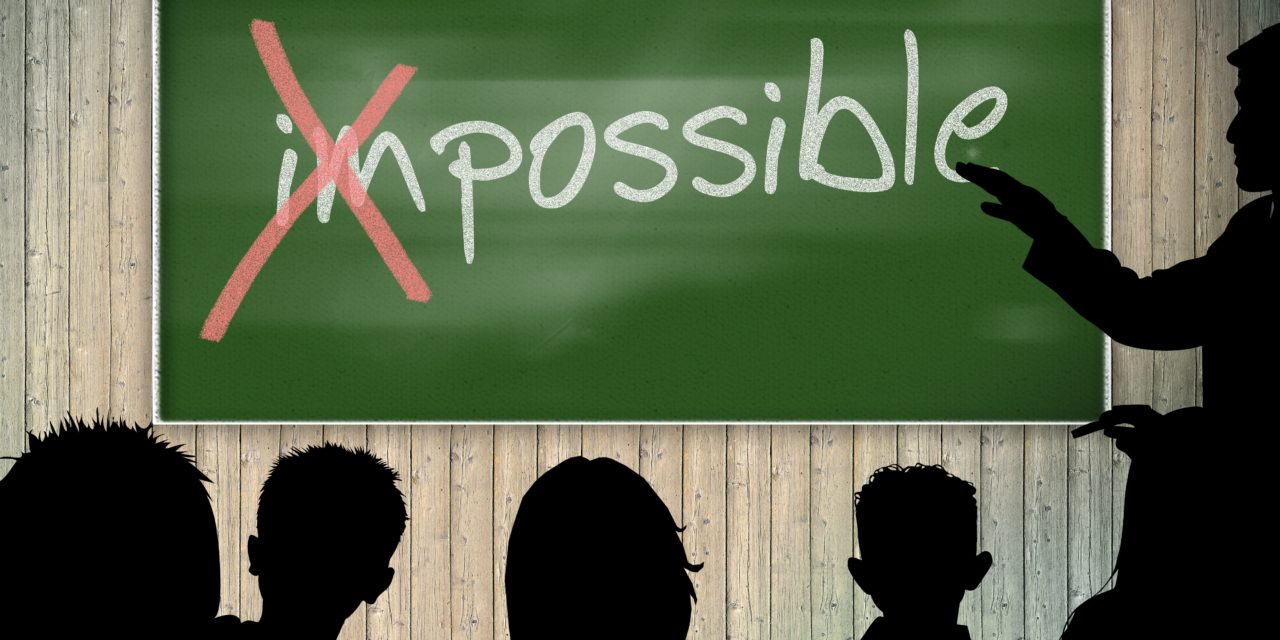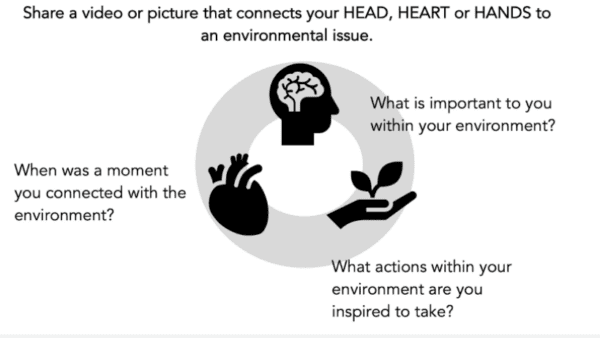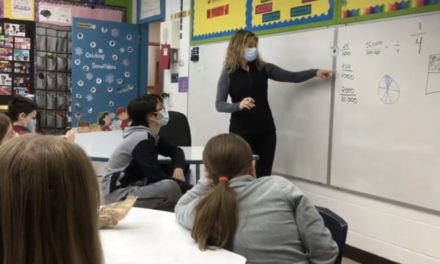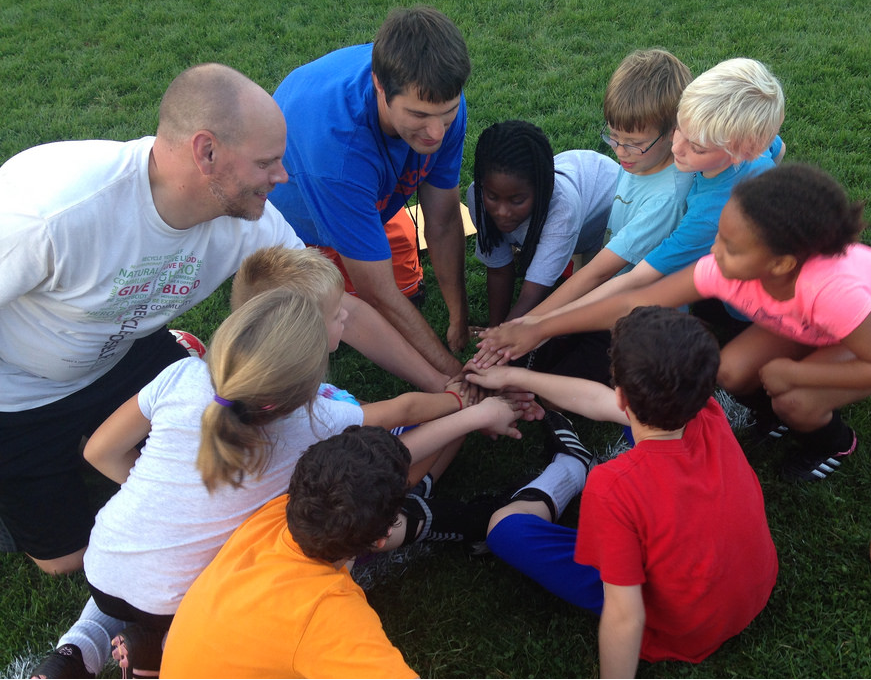Recently, a friend of mine sent me a copy of a research paper he co-authored: Climate anxiety in children and young people and their beliefs about government responses to climate change: a global survey. It kicked off a conversation about how we grew up hearing the warnings about human contribution to climate change and now we’re the adults trying to make sense of 30 years of insufficient action that will have consequences for our children.
The researchers found “emerging evidence suggests that young people are also more burdened by the indirect impacts of climate change, such as climate anxiety, which affects psychosocial health and wellbeing” reporting emotions like being “sad, anxious, angry, powerless, helpless, and guilty” as “they think the future is frightening and… that people have failed to take care of the planet.” These findings concluded that “climate anxiety and distress were correlated with perceived inadequate government response and associated feelings of betrayal.” (Hickman et al. 2021)
I take these findings about eco-anxiety’s effect on the state of youth mental health to be a call to action! In the recently published Guide to School-Based Mental Health, Le ministère de la Santé et des Services sociaux (MSSS) designates schools as a major player in the promotion of mental health and well-being (2021). Schools are a key place to foster mental wellness. It is our role as educators to incorporate the plentiful pedagogical resources and partnerships with organizations that support youth to enhance protective factors against mental health problems. These can include social and emotional learning, strategies like practicing coping skills, opportunities to practice agency to address and mitigate stressors.

In the context of climate anxiety, supportive measures would come in the form of having one’s feelings and views heard, validated, respected, and acted upon, particularly by those in positions of power, accompanied by collective pro-environmental actions.
In this blog post, I would like to highlight a few different projects and activities educators can incorporate or adapt in a way that provides opportunities for youth to express themselves. This includes providing avenues for their voice to be respected and hopefully validated by adults making sufficient changes.
Art-based Methods for Self-Expression
After reading the paper on eco-anxiety and understanding the benefits of creating opportunities to share their feelings, I see the relevance of art-based methods to give students a chance to express themselves, and from these expressions, to plan out action-oriented projects that respond to their prevalent emotions.
A current example is a photo voice activity that you can incorporate into your classroom. Students are encouraged to go out with a camera and take pictures or make a short video with narration on how they are connecting using their head (intellectual), heart (emotional) or hands (actions).
This example was developed by a graduate student at McGill’s Department of Integrated Studies in Education (DISE) and is for an upcoming symposium on University – Community partnerships for sustainability education. Teachers and students are invited to submit (below) their photo, voice piece to be included in the upcoming discussion. You can find examples and details of where to share here: Showcasing Youth Voices
Red Herrings
Despite having a passion for engaging teachers and youth to get involved in actions that support environmental sustainability, there is still a lot I need to learn and understand. I was inspired by watching a recording of a webinar – called The Great Big Lesson for Climate and Nature: Live from COP26. It was a great tutorial by young scientists and environmental organizations attending COP 26 (the most recent UN Climate Change conference that took place in Glasgow, Scotland). What I liked best were the great visual explanations. It influenced my thinking about working with students to learn and identify impactful actions. Specifically, it reminded me to not get caught up in the red herrings of environmental action. For example, recycling paper and using recycled toilet paper is important. But in the case of toilet paper, it accounted for 0.0003% of global trees cut down, when 91% of deforestation in the Amazon is due to farming methods. There are opportunities to practice critical thinking skills with our students and use information to help guide our actions that are impactful towards a goal, and not just a big show that makes us feel like we are doing something.
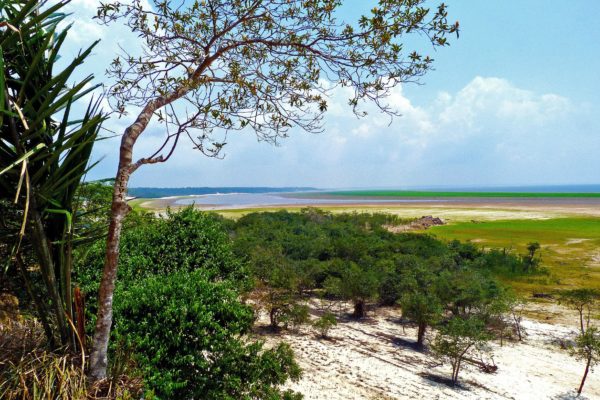
Watching The Great Big Lesson for Climate and Nature, the carnivore in me was faced with the fact that deforestation is a major contributor to climate change, and the realization that 77% of farmland is used to create animal products with most of the crops used to feed animals. It seems to me there are a few choices which include eating less meat and ensuring that when I do eat meat, there is no waste.
If students express that changing the way we eat is important to them as a response to addressing climate change, there are opportunities and lessons for students to be active citizens in reducing food waste and being part of the conversation around where the food comes from and the amount of meat consumed. Living in Quebec, we are surrounded by community partners, chefs, farmers and hunters that can be part of a community conversation.
Organizations like the Commission for Environmental Cooperation’s Food Matters Action Kit or Love Food Hate Waste Canada have great classroom and after school resources to support youth-led projects that challenge wasteful habits.
Active Citizens
When I think of human impact on climate change I think of the car and trucks belching emissions caused by the burning of fossil fuels. Oftentimes it feels like a catch-22 where it seems like giving up a common good is not possible, because the road to get there is not environmentally sustainable.
I want to share an opportunity from Quebec-based environmental organization Équiterre. Last year, Équiterre launched a campaign called My Electric Bus/Mon autobus branché to raise awareness about electric school buses among the various players in the school transportation sector. I was recently in touch with Équiterre and it sounds like a cross-Canadian campaign will be starting soon, which is exciting.
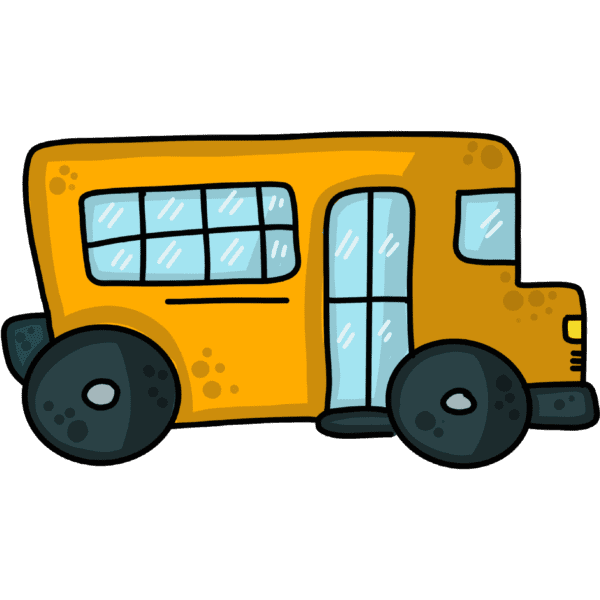 What I like about this campaign is the opportunity for students that want to take concrete action to exercise their ‘active citizenship’ muscle and advocate through persuasive writing and lobbying a concrete change that affects a service they use daily.
What I like about this campaign is the opportunity for students that want to take concrete action to exercise their ‘active citizenship’ muscle and advocate through persuasive writing and lobbying a concrete change that affects a service they use daily.
We learn to be active citizens. The Broad Area of Learning – Citizenship and Community Life includes learning how to participate in a democracy. For example, taking leadership roles and sharing reasoned views in a respectful manner with decision makers that themselves share democratic values.
It’s a great chance to use their power as students to encourage School Boards to be leaders and take bold steps as quickly as possible. That being said, the shift to electric buses is not a fringe idea. The campaign is supported by Le Ministère des Transports du Québec. In actuality, this campaign is part of a strategy for Quebec to help achieve the 2030 greenhouse gas emissions reduction target Québec has set for itself, namely a 37.5% reduction (compared with 1990 levels), and to reach carbon neutrality by 2050.
I love the opportunity for students to advocate for a greener mode of transportation that literally takes them to the place to learn how to be prepared for the future, while not simultaneously contributing to damaging the future.
Reasons to make the shift include the calculation that a single electric school bus has the potential to save up to 23 tonnes of CO2 equivalent per year. “By electrifying 90% of Quebec’s school bus fleet, nearly 2.37 million tonnes of GHG emissions could be avoided over the entire life of the fleet (12 years), which is equal to the GHG emissions produced by 32,000 cars” (Équiterre, 2021).
When students start making well thought-out noise about the opportunity, they hold adults accountable to do the things they say they are going to do.
Feel the Feelings and Take Action Against Climate Change
Last year, LEARN co-hosted an Environment and Sustainability Education Institute online. One of the highlights was a poster presentation by teachers proudly showcasing what they are doing in the classroom. Some highlights include students at Heritage Regional High School measuring their carbon footprint and students at Valcartier Elementary having Trashless Tuesdays and Waste-Free Wednesdays. You can contact Ben if you would like to share an example from your class or school.
I started this blog off by reflecting on eco-anxiety in youth and the role of adults to ensure students can reflect and share their feelings in a way that is respected and validated. Schools need to listen to what youth are saying. It is not the responsibility of today’s youth to make up for years of inadequate action. 2030 is only 7.5 years away! The time is now.
At the time of writing, I came across an article in the New York Times: ‘OK Doomer’ and the Climate Advocates Who Say It’s Not Too Late. It was a great reminder that there is hope and transitioning youth to adulthood is a process that teachers and schools happily take on through the scaffolding of appropriate levels of responsibility. Throughout that process, we provide opportunities to learn, express one self and grow into the person we are meant to be.
A network of educators and community partners engaged in Environment and Sustainability Education exists. If you would like to stay in touch, participate in the photo-voice activity or create a simple poster to showcase students and school communities taking action – Click Here
References
Hickman, C., Marks, E., Pihkala, P., Clayton, S., Lewandowski, R. E., Mayall, E. E., Wray, B., Catriona, M. & van Susteren, L. 2021. Climate anxiety in children and young people and their beliefs about government responses to climate change: A global survey. The Lancet, 5(12), e863-e873. DOI:https://doi.org/10.1016/S2542-5196(21)00278-3.
Équiterre. 2021. My electric bus. www.equiterre.org. https://www.equiterre.org/en/articles/solution-my-electric-bus.

